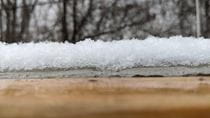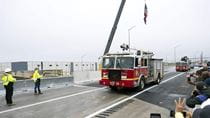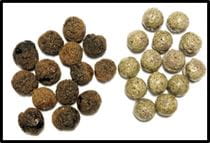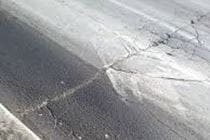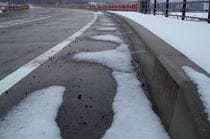Amir Yaghoob Farnam, PhD
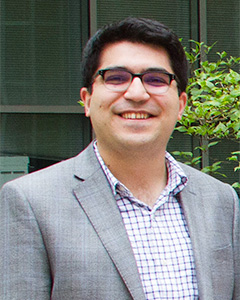
Farnam is an expert in the materials engineering of infrastructure such as buildings, roads, highways and airports. His research group focuses on creating better materials to build infrastructure — things like durable cement that can withstand chemical degradation from road salt, materials that help roads melt ice without putting harmful chemicals into the environment, or materials for construction inspired by nature. Farnam has commented on stories about how deicing procedures can damage and degrade roads and how to improve the durability of infrastructure.
He draws from a background in developing and studying advanced materials for civil engineering applications to guide his group’s research. In addition to creating new materials, Farnam’s group also tests and monitors existing infrastructure materials to understand how they degrade and how they can be improved.
Contact
215.895.6152 yfarnam@coe.drexel.eduIn The News
Drexel News is produced by
University Marketing and Communications.

